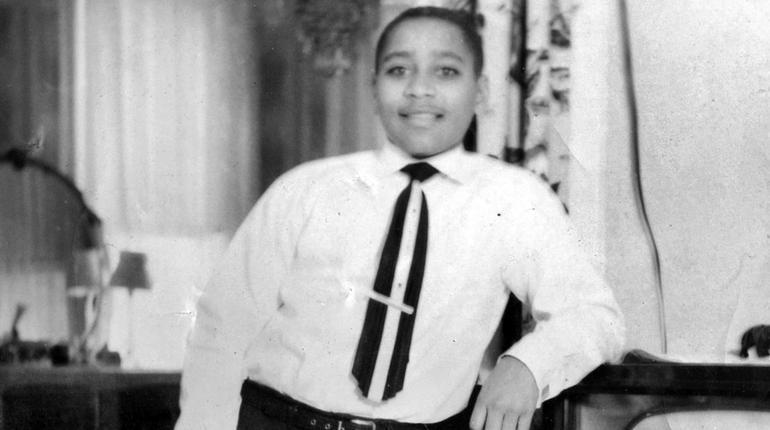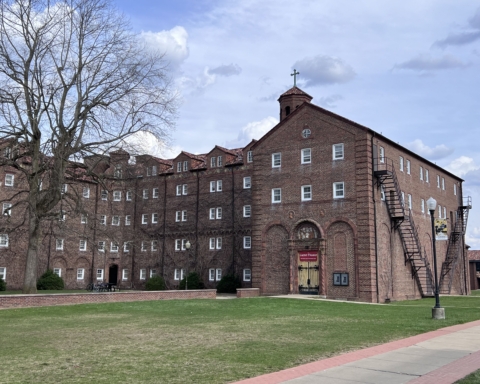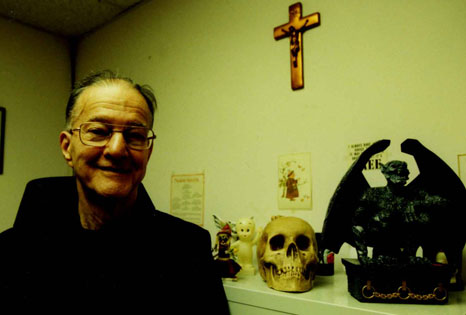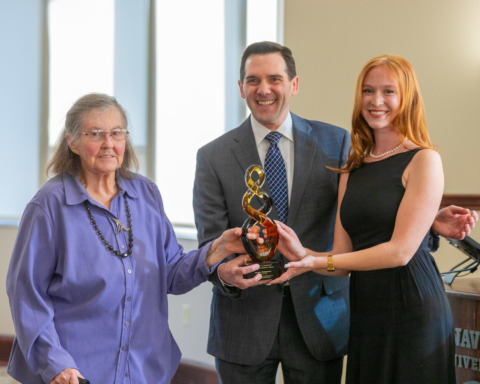By Yoselin Person
Features Assignment Editor
The month of February is Black History Month, and we are reminded of Emmett Till’s murder. Recently, the news of Emmett Till’s accuser, Carolyn Bryant, 82 years old, from Indianola, Mississippi, has broken her silence of falsely accusing Till in being “inappropriate” with her.
For six decades, Bryant has been linked to one of the most brutal crimes in the nation’s history, the lynching of Till, a 14-year-old black boy. The news of Bryant admitting the truth has shocked St. Bonaventure students and faculty members.
Parker Suddeth, coordinator of Damietta Center of Multicultural Student Affairs, said he believes Bryant carried a burden for too long, and it was time to admit the truth.
“The fact that she lied and that an innocent person was brutally murdered,” said Suddeth. “She realized over the sixty plus years that it was time to tell the truth.”
Byrant’s claims did not justify any serious penalty, much less death. Although the two white men who were accused of murdering Till in 1955— admitted the crime and were acquitted that year by an all-white, all-male jury, and so could not be retried. The two men and others suspected of involvement in the killing died long ago, according to New York Times reports.
Among thousands of lynchings of black people, the case materialized in the country’s tortured racial history.
According to Suddeth, Till’s case was an impetus for the civil rights movement.
“The case was catalyst for the civil rights movement,” said Suddeth. “Especially the Jim Crow laws as well.”
Soquania A. Henry, a sophomore psychology major, and the Black Student Union president, agreed that Till’s case sparked an advance to the civil rights movement during that time, and the history of the case lead to a better awareness of discrimination.
“Emmett Till’s case allowed for the civil rights movement to advance,” said Henry. “…[What] we can do now is to recognize Emmett Till’s tragic death as a time in history that sparked better awareness of discrimination happening throughout the country.”
According to Henry, America has come a long way from the time of slavery, to Jim Crow laws, and the civil rights movement.
“As a country, we have come a long way from 1955,” said Henry. “However, there is still so much that needs to be worked on.”
According to the New York Times, the Justice Department began an investigation into the Till’s lynching in 2004. His body was exhumed for an autopsy—however, in 2007 a grand jury decided not to indict Bryant.
Through 10 years, the case was brought up and wasn’t justified. Some believed that since Bryant has come out with the truth, the court system should take some action. According to Suddeth, in an ideal world there will be justice, but it’s unrealistic.
“In a perfect world there will be justice,” said Suddeth. “But because of the system we live in and the laws were governed by …it’s unrealistic at the same time.”
Even though there isn’t a perfect world, Roisin Coleman, a freshman cyber-security major, believes it’s not too late for a court system to bring justice.
“It is never too late for the court system to bring justice,” said Coleman. “She still committed the crime, there is no reason she should not be convicted.”
Dyanna Moreira, a junior psychology major and minor in Spanish, also agrees with having the court system taking action of Bryant’s admitted statement.
“I feel that the court system should take action against Carolyn Bryant being that she lied under oath,” said Moreira. “We can’t just let things be brushed off. That’s why there is so much wrong done in this world.”
Although having the recent news of Carolyn Bryant admitting the truth of falsely accusing Emmett Till for being “inappropriate” with her— The times have changed in America for the better regarding civil rights.
“We’ve come a long way,” said “Suddeth. “But we have so much further to go.”
St. Bonaventure is having events for Black History Month on campus for the expression of black heritage and identity.
personyr16@bonaventure.edu






